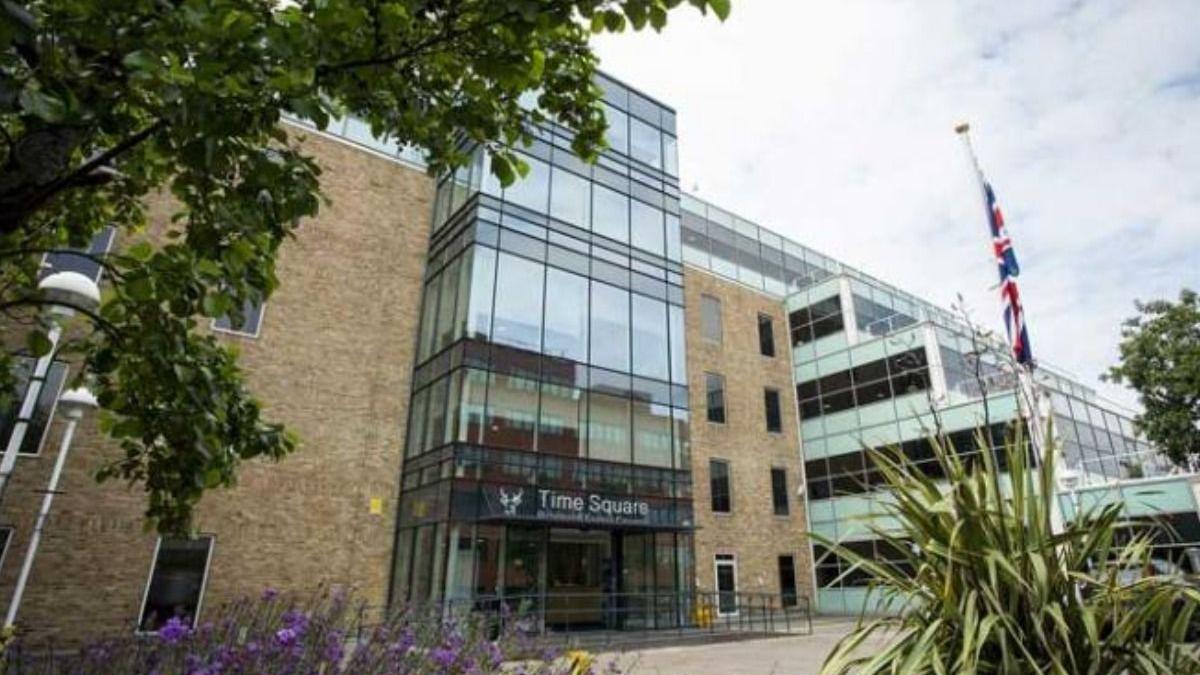Council failed family over school needs - watchdog

The child's mother complained about Bracknell Forest Council
- Published
A council’s failure to arrange “suitable alternative education” for a boy left his mother out of pocket, meant he missed school and left them both in “significant distress”, the local government watchdog has said.
The Local Government and Social Care Ombudsman (LGSCO) said the woman, referred to as Mrs X for legal reasons, had complained over Bracknell Forest Council’s treatment of her son, referred to as Y.
She told the LGSCO the council’s failings meant Y was without education for “around a month” before she began paying for his schooling herself.
The council agreed to apologise, pay “a financial remedy” and review its special educational needs complaints procedure.
The LGSCO said Y's special educational needs related to anxiety, sensory regulation and his ability to communicate his thoughts and feelings.
His education, health and care plan (EHCP) – a legal document which sets out what the council must do to meet his needs – said he should attend secondary school from September 2020.
However, in January 2023, his GP said his heightened mental health issues meant he should stop attending until BFC had reviewed his EHCP.
Mrs X sent a copy of the GP’s letter to BFC and said online lessons would be best, but the council said alternative education was the school’s authority.
Family owed £3k by council over SEND failures
- Published29 November 2023
Council fined over SEND payment delay
- Published7 November 2023
Mrs X complained to BFC a month later that Y was not receiving a suitable education.
The LGSCO found the council replied the same day, but did not respond further.
It heard that Mrs X then arranged full-time online lessons for Y herself, but could not afford to keep paying for them.
It also found the council failed to respond to any of Mrs X’s complaints “apart from simple acknowledgement”.
The council told the ombudsman said it had intended to write to Y’s GP in early 2023 after it received the first medical evidence, but staff changes meant that letter was not sent until June 2023.
Council failing special needs children – parent
- Published20 July 2023
The LGSCO said the council had claimed the letter was sent to “seek more information and clarity about Y’s health conditions”.
“However, in my view, the letter went significantly beyond that issue with a significant portion of the letter being used to explain what the council viewed as the potential consequences of Y’s GP providing the kind of evidence they had already provided,” they said.
They added that the letter said the GP might be asked to appear in court if the council decided to take action against Mrs X for Y’s non-attendance at school, and implied Mrs X had coached the GP.
“I am satisfied the tone and content of the council’s letter could reasonably have been read as discouraging medical professionals from providing the kind of letters which Y’s GP had provided,” they said.
“I am also satisfied Mrs X found the letter, particularly the implications of inappropriate conduct by her, significantly distressing.
“This added to Mrs X’s already significant distress for feeling like she was being ignored by the council.”
As a result, the LGSCO decided that there was “fault in how the council failed to consider Mrs X’s request for alternative education for Y, failed to respond to her complaints and how it wrote to Y’s GP”.
“This caused Y to miss some education, costs for Mrs X and significant distress, time and trouble to Mrs X and Y.”
They added that the council had “agreed to apologise, pay a financial remedy and review how it manages alternative educational provision and special educational needs complaints”.
Follow BBC South on Facebook, external, X, external, or Instagram, external. Send your story ideas to south.newsonline@bbc.co.uk, external.